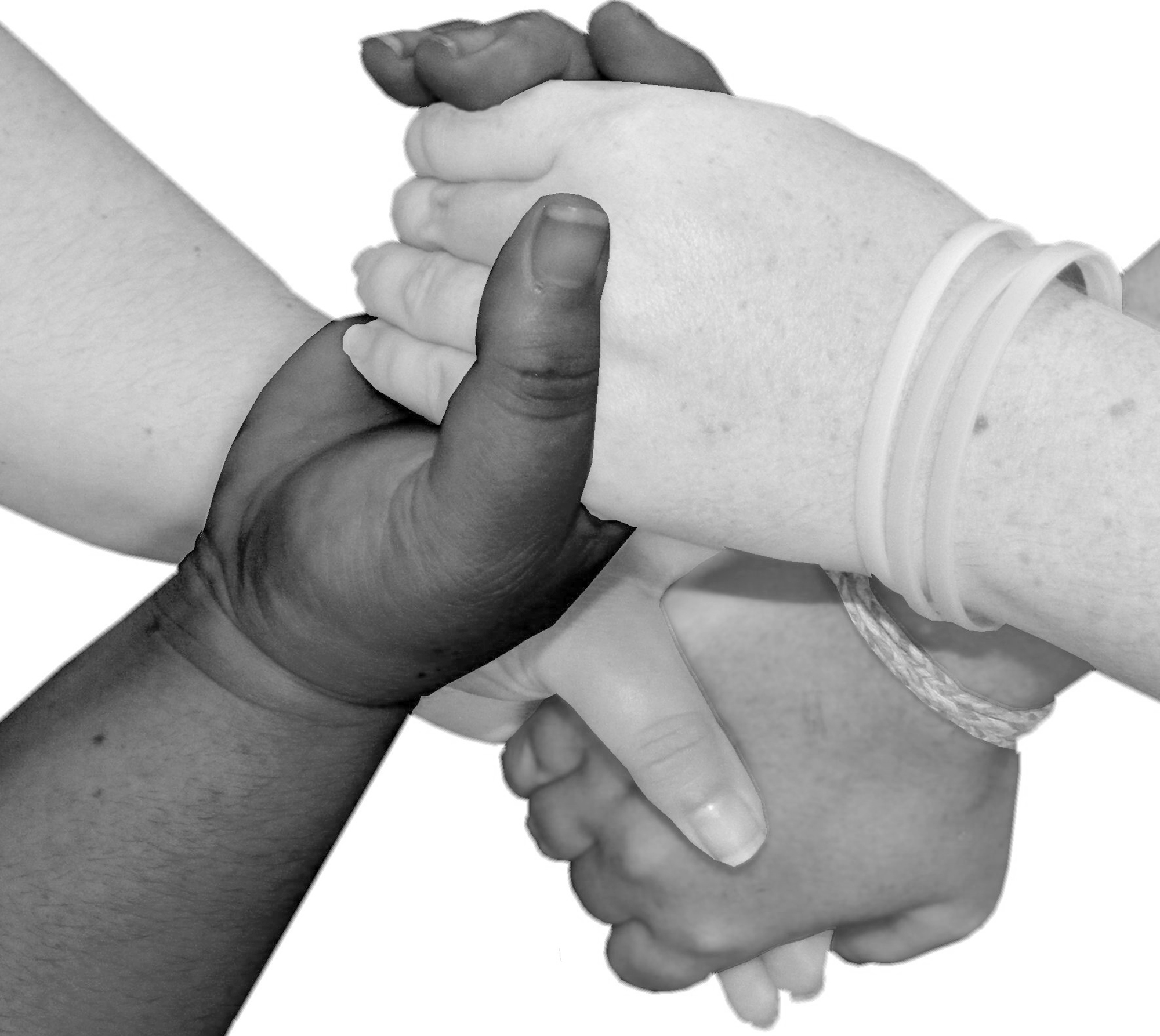For those who know me, I’m a very emotional person. A good book, listening to a story, watching a film, or hearing other people tell me their hopes and dreams, all these things and more can hit me with cascades full of diverse emotions, bringing tears to my eyes or laughter to my lips. Being emotional also means that I’m very sensitive, but that isn’t something that should be underestimated.
Emotional intelligence is all too often underestimated and undervalued these days. I care so much that it spurs me into action quickly, excites my synapses to react, and allows me to empathize with others the best I can.
Emotional intelligence is all too often underestimated and undervalued these days.
Does that mean that I feel guilty about “being too sensitive” or “taking things personally?” You bet. More and more, however, I find that there is a quiet strength in vulnerability, a power in empathetic connection that survives on the intensity of compassion, urging us all to do something to bring about positive change. That strength, however strong, isn’t always recognized for the unbelievably compelling and all-encompassing driver for positive change. But there is also an issue with empathy that I think would be important to address in relation to social justice, the empathy gap.
Emma Seppälä, a psychologist from Stanford University as their science director of the Center for Compassion and Altruism Research and Education, explained in a Huffington Post article how to understand our ability to feel empathy in light of the attacks in Paris, Beirut, and Baghdad this last November. She states that people feel more compassion with others that they feel are similar or familiar to them, that our desire to show our sympathy for others is, in some ways, fairly narcissistic.
We, as individuals, tend to utilize our power and privilege to lift up those who remind us of ourselves. This has to stop.
We have become so numb to statistics and news stories telling of violence, we (and I am speaking for those whose lives are not regularly disrupted because of my privilege and the privilege of my peers) no longer feel obligated to care. This is particularly true in regards to those living in the “developing world,” war-torn nations, and the global south.
I find there is a quiet strength in vulnerability, a power in empathetic connection that survives on the intensity of compassion, urging us all to do something to bring about positive change.
If we heard that four million refugees from California were in need of refuge and safety, would we be so hesitant to reach out our hands to embrace those seeking a new life as we have been to our global brothers and sisters escaping unspeakable violence in Syria or Sudan? Or those escaping Central and South America from the harsh reality of drug wars between cartels and gangs that plague their communities? Or families fleeing the extreme weather patterns and rising sea levels caused by climate change?
We, as individuals, tend to utilize our power and privilege to lift up those who remind us of ourselves. This has to stop.
If we are really going to focus on building a more just and sustainable world, efforts will stagnate if we look only to those who are like us in skin, creed, or language. Radical love, empathy, and compassion can and will be defining factors in sculpting a better world for everyone. That can only happen when we stop seeing those who do not share our cultural practices, religious affiliation, or anthropological heritage as “others” to be feared.
If we are really going to focus on building a more just and sustainable world, efforts will stagnate if we look only to those who are like us in skin, creed, or language.
Rather, it is time to embrace the grounding humanity we all share. But caring so much and for so many, even for an emotional person like myself, is no easy task. Sometimes, I feel as though I care so much that I will burst with the pain of it all.
Knowing that there is so much hurt and suffering in the world and not knowing what I can do individually breaks my heart more often than I care to admit.
However, that does not mean that I can just stop caring and begin to care when it is convenient for me. Choosing convenience over doing what is right is never an easy choice, but that does not mean it should not be made repeatedly as we go through our lives. Our lives are made up of choices, and I can only hope that I will continue to make the right ones, even if that means that there will be a lot of tissues, ice-cream, and hot chocolate in my future.
